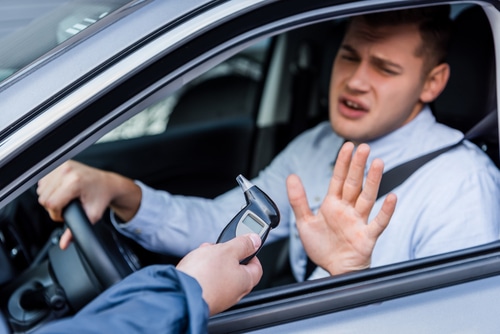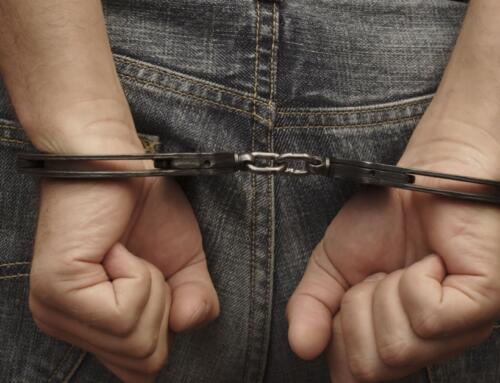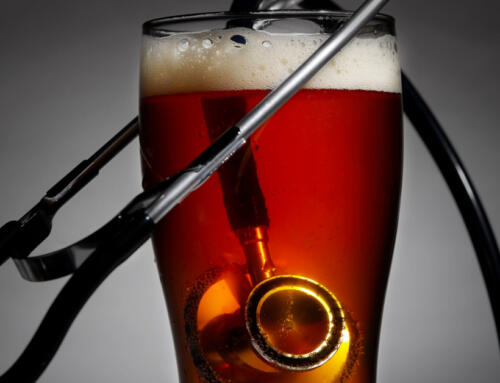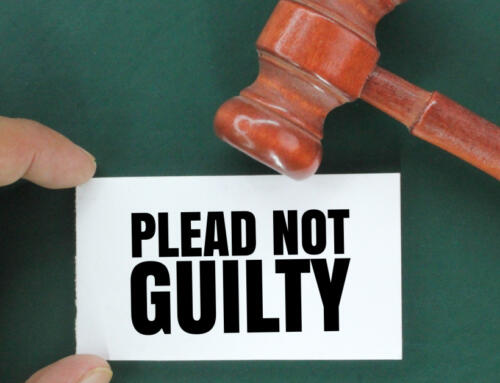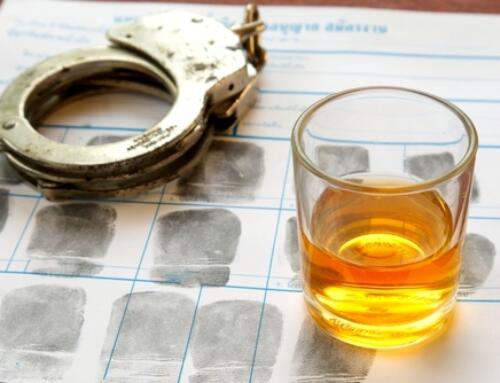When the police pull you over on suspicion of drunk driving in Pennsylvania, they will typically ask you to take a breath test. If you take a breath test, the police can record your blood alcohol concentration (BAC)—and if your BAC is over the legal limit, prosecutors can use this to prove that you were under the influence behind the wheel.
But what happens if you don’t take a breath test?
Let’s say the police pulled you over, and when the officer asked you to blow into the breathalyzer, you refused. As a result, the government doesn’t have a record of your BAC at the time of your arrest. Did you save yourself from a DUI conviction by refusing the breath test? Or are there other ways prosecutors can prove your guilt beyond a reasonable doubt?
Understanding Pennsylvania’s DUI Statute
To understand the consequences of refusing a breath test in Pennsylvania, we must examine the Commonwealth’s DUI statute. Under Section 3802(a) of the Pennsylvania Consolidated Statutes, there are two ways prosecutors can prove that someone was driving under the influence (DUI). While the law provides that:
“An individual may not drive, operate or be in actual physical control of the movement of a vehicle after imbibing a sufficient amount of alcohol such that the alcohol concentration in the individual’s blood or breath is at least 0.08% . . . .”
It also provides that:
“An individual may not drive, operate or be in actual physical control of the movement of a vehicle after imbibing a sufficient amount of alcohol such that the individual is rendered incapable of safely driving, operating or being in actual physical control of the vehicle’s movement.”
In other words, prosecutors can prove a DUI case by presenting evidence that a driver’s BAC was over the legal limit or was “incapable of safely driving” due to alcohol consumption. So, even if prosecutors don’t have your BAC, they can still prove that you were driving under the influence through other means.
What evidence can prosecutors use to prove that you were driving drunk if they don’t have your BAC? Depending on the circumstances of your case, other forms of evidence prosecutors may have against you include (but are not limited to):
- Dash camera footage of your traffic stop and arrest
- Your admissions to the arresting officer (as long as the arresting officer didn’t violate your Miranda rights)
- The arresting officer’s observations of your conduct in the driver’s seat or on the side of the road (i.e., slurring your words, being unable to understand basic instructions, or being belligerent with the officer)
- An open container in your vehicle
- Your performance on the field sobriety tests (FSTs)
If prosecutors can use any of this evidence (or any other evidence) to prove that your alcohol consumption rendered you “incapable of safely driving,” then you can still face a DUI conviction even if you refused the breath test. Importantly, you can face other consequences as a result of your breath test refusal as well.
Understanding the Consequences of Refusing a Breath Test in Pennsylvania
Pennsylvania has an “implied consent” law. Under this law, you must submit to a breath test when the police pull you over on suspicion of drunk driving. If you refuse the breathalyzer, you can be charged with an “implied consent” violation (also referred to as a “DUI refusal”), and you can be penalized for this violation regardless of whether you were driving under the influence.
For a first-time offense, unlawfully refusing a breath test during a DUI stop carries a 12-month driver’s license suspension. If this is not your first offense, you are facing an 18-month driver’s license suspension. Again, this suspension is based on your refusal of the breath test—it has nothing to do with whether (or not) you were drunk behind the wheel.
But refusing a breath test can also have consequences in your DUI case. If you refuse the breathalyzer during your traffic stop, prosecutors can use this against you. Under Pennsylvania’s “implied consent” law, refusing the breath test implies that you knew you were too drunk to drive. During your DUI case, prosecutors will be able to say that your refusal shows that you knew you had something to hide.
Of course, this isn’t necessarily the case. People refuse the breath test for lots of different reasons. Some are too afraid to make intentional decisions on the side of the road. Some are distrusting law enforcement. Many don’t know that they are required to submit to the breath test under Pennsylvania law. While refusing the breath test creates an inference that you knew you were driving drunk, it doesn’t prove that you were driving drunk—and this is a key distinction.
What to Do if You Refused the Breathalyzer During Your DUI Stop in Pennsylvania
With all of this in mind, if you refuse the breathalyzer during your DUI stop, there are some steps you should try to take as soon as possible. These include:
- Write down everything you can remember about your DUI stop. Why did the officer say he or she pulled you over? What did the officer tell you about the breathalyzer and Pennsylvania’s “implied consent” law?
- Make sure you know your court date. Regardless of what happened on the side of the road, you have defenses available. But, to assert these defenses, you need to protect your legal rights—and this starts with making sure you appear in court when required to do so.
- Talk to an experienced DUI defense lawyer. Fighting a DUI when you refuse the breath test isn’t easy, and there are additional steps you will need to take to try to protect your license. To give yourself the best chance of a favorable outcome, speak with a DUI defense lawyer as soon as possible.
Discuss Your Case with DUI Defense Lawyer and Former Philadelphia Prosecutor Brian Fishman
Did you refuse a breath test during your DUI stop in Pennsylvania? If so, we encourage you to contact us promptly for more information. Call 267-758-2228 or send us a message online to request a free consultation with a DUI defense lawyer and former Philadelphia prosecutor Brian Fishman.

